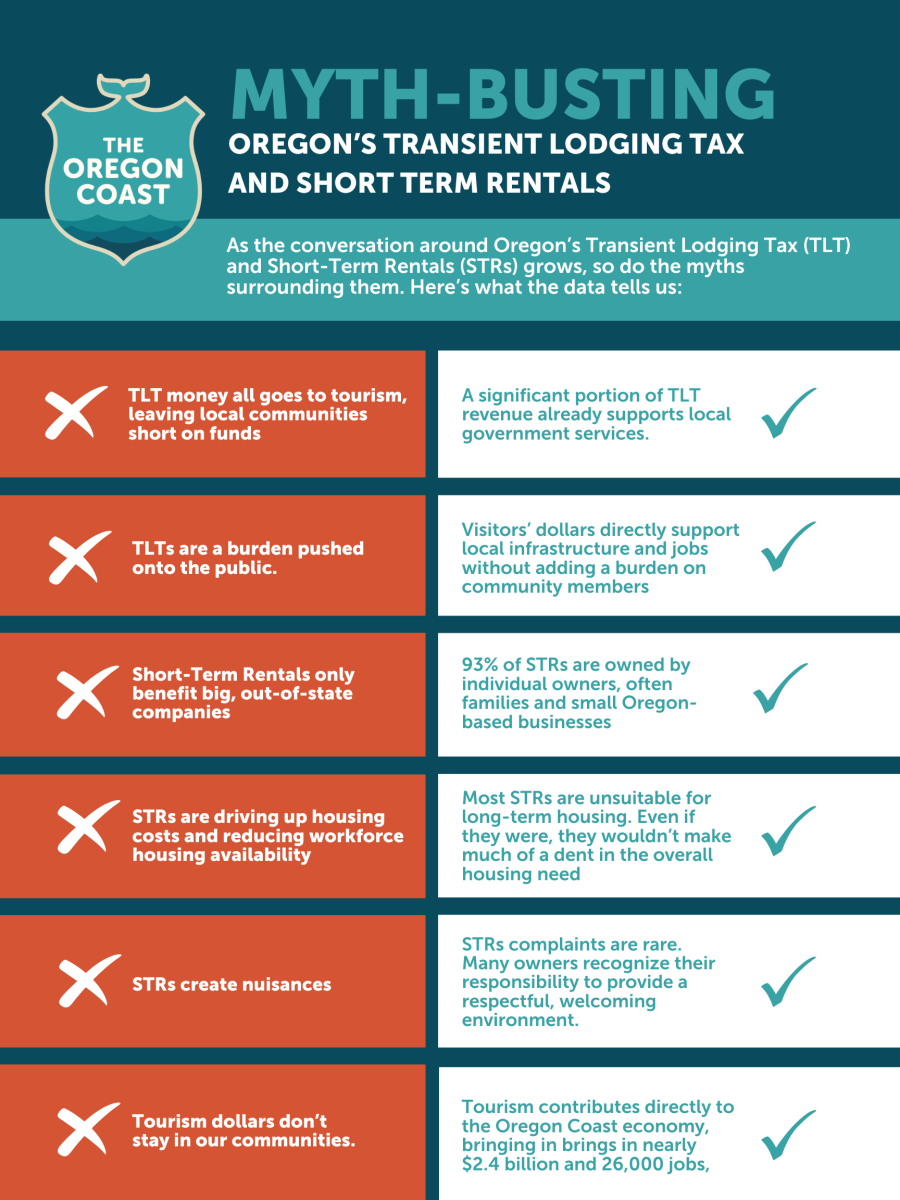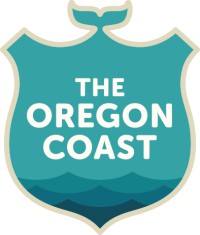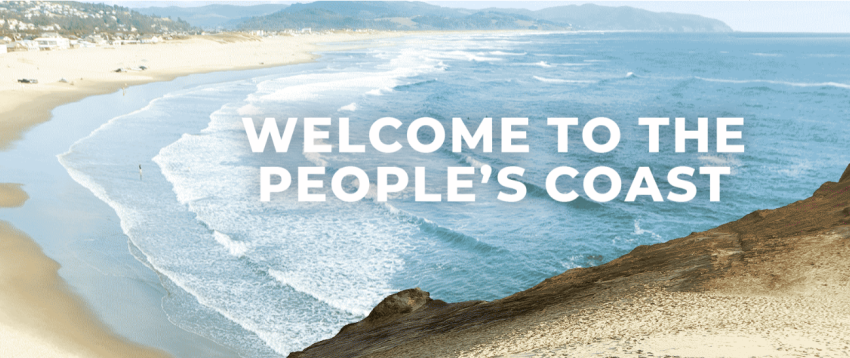 Myth #1: “Short-Term Rentals only benefit big, out-of-state companies.”
Myth #1: “Short-Term Rentals only benefit big, out-of-state companies.”Myth #2: “STRs are driving up housing costs and reducing workforce housing availability.”
Fact: STRs complaints are rare. For example, in Tillamook County, there are around 1,200 short-term rentals. From 2019 to 2023, in all of those units, there were just 32 nuisance complaints total. That’s an annual violation rate of just 0.15 percent, or 1.5 per every thousand rentals. Many owners recognize their responsibility to provide a respectful, welcoming environment for visitors and neighbors alike.
Myth #4: “Tourism dollars don’t stay in our communities.”
Fact: Tourism contributes directly to the Oregon Coast economy. Tourism in Oregon has grown to become a $14 billion industry and in many communities – particularly in rural parts of the state – tourism is the number one economic driver. For the Oregon Coast specifically, tourism brings in nearly $2.4 billion of new money into the economy that was not there before.
Tourism contributes nearly 26,000 jobs to the coastal economy, employing workers and keeping afloat through seasonal influxes the restaurants, recreation, and cultural opportunities that year-round residents enjoy.
Understanding the Role of Short-Term Rentals (STRs)
STRs have come under scrutiny recently, especially with housing affordability concerns. But on the Oregon Coast, STRs fill a crucial gap, offering flexible accommodations in areas with limited lodging. They often operate as small businesses, contribute Transient Lodging Tax revenue, and support year-round economic activity. In some coastal communities, STRs account for up to 70% of available lodging options—making them critical for maintaining tourism without straining local resources.
The Bigger Picture: How STRs Benefit Oregon
STRs support Oregon’s tourism economy by meeting visitor demand, while contributing to the housing and rental market in other ways like property taxes, water, sewer, and utility fees that support community services. These revenues can also fund certain community improvement projects. When managed wisely, STRs and their revenues create a balance between tourism’s economic benefits and the sustainability of our coastal communities.
How can you get involved in the discussion?
Start by learning about how your own city or municipality manages STRs. Your voice can help ensure that STR regulations continue to benefit residents while enhancing Oregon’s tourism economy. By getting involved, you’re supporting a sustainable future for the Oregon Coast—one that keeps our communities thriving and welcoming to both locals and visitors.
Here’s more about the benefits of Transient Lodging Tax and short-term rentals for our coastal economy:
 About the Oregon Coast Visitors Association
About the Oregon Coast Visitors AssociationThe Oregon Coast Visitors Association (OCVA) is the official Regional Destination Management Organization for the entire Oregon Coast as designated by the Oregon Tourism Commission (dba Travel Oregon). OCVA inspires travel and strengthens collaboration to create and steward a sustainable coastal economy.
OCVA has the honor of working with coastal communities to align partnerships, destination development projects, and destination marketing with the vision of creating “a coastal utopia for all.” This includes coastal stakeholders, new and returning visitors, and the natural resources that make these coveted experiences so magical.


.png)